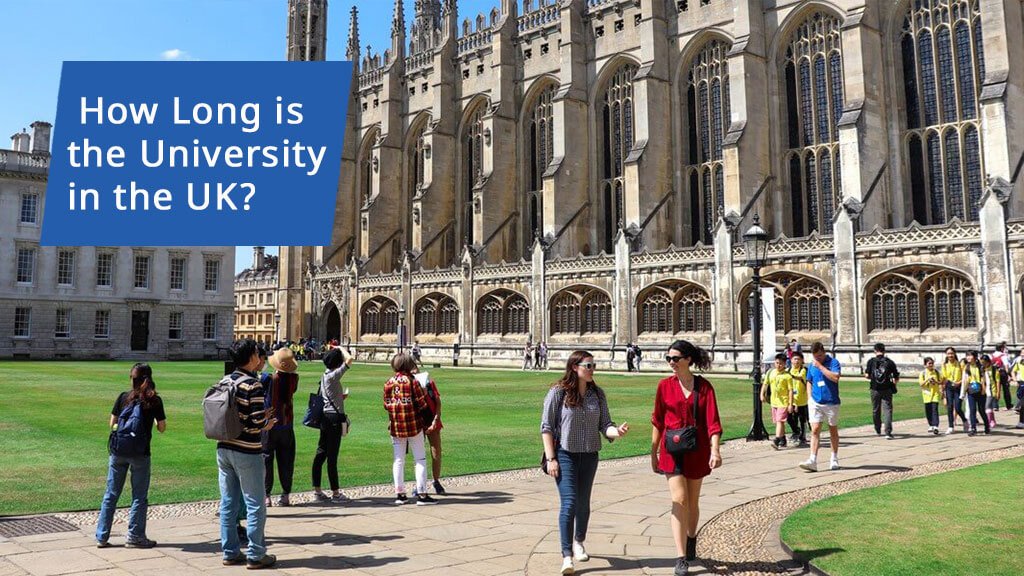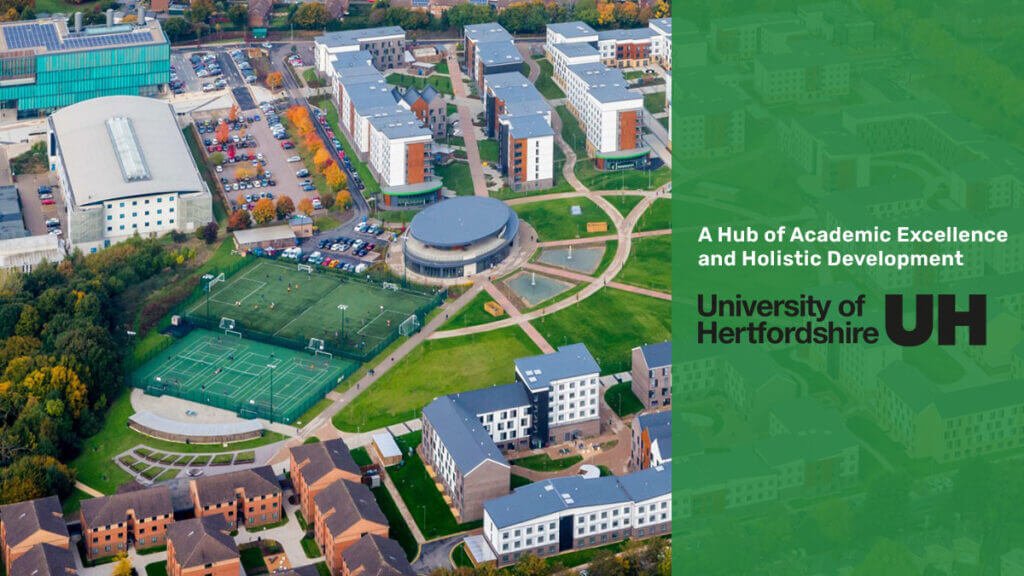MOI accepted universities in the UK for international students
Medium of Instruction (MOI) accepted universities in the UK are institutions that offer courses taught in English, making them accessible to international students. These universities have been approved by the UK government to provide education in English, ensuring that students from non-English speaking countries can fully understand and engage with their studies. This is particularly important for international students who may not have English as their first language, as it allows them to access high-quality education without language barriers. MOI accepted universities in the UK are committed to providing a supportive and inclusive learning environment for students from all over the world, making them an attractive option for international students seeking a top-quality education in an English-speaking country. Studying at a MOI accepted university in the UK offers international students the opportunity to immerse themselves in a diverse and multicultural environment. These universities attract students from all corners of the globe, creating a rich tapestry of cultures, languages, and perspectives. This not only enriches the academic experience but also provides students with the opportunity to develop a global network of friends and contacts. Additionally, studying at a MOI accepted university in the UK can open up a world of opportunities for international students, both during their studies and after graduation. The UK is home to some of the world’s leading universities, and studying at a MOI accepted institution can provide students with access to cutting-edge research, state-of-the-art facilities, and world-renowned faculty members. Overall, MOI accepted universities in the UK offer international students a chance to receive a world-class education in a welcoming and diverse environment. Summary MOI accepted universities in the UK are institutions that accept the Medium of Instruction (MOI) as English for international students. Studying at a MOI accepted university in the UK can provide international students with a high-quality education and a globally recognised degree. International students can apply to a MOI accepted university in the UK by following the specific application process outlined by each institution. Top MOI accepted universities in the UK for international students include University of Oxford, University of Cambridge, Imperial College London, London School of Economics and Political Science, and University College London. Academic and language requirements for studying at a MOI accepted university in the UK typically include meeting specific English language proficiency standards and academic qualifications. The benefits of studying at a MOI accepted university in the UK for international students Studying at a MOI accepted university in the UK offers a range of benefits for international students. Firstly, it provides access to high-quality education taught in English, which is essential for non-native speakers. This allows international students to fully engage with their studies and develop their language skills, which can be invaluable for their future careers. Additionally, studying at a MOI accepted university in the UK provides international students with the opportunity to immerse themselves in British culture and society. This can be an enriching experience, allowing students to gain a deeper understanding of the country they are studying in and develop a global perspective. Furthermore, studying at a MOI accepted university in the UK can open up a world of opportunities for international students. The UK is home to some of the world’s leading industries and businesses, and studying at a MOI accepted institution can provide students with access to valuable internships, work placements, and networking opportunities. This can be invaluable for international students looking to kick-start their careers and gain practical experience in their chosen field. Additionally, studying at a MOI accepted university in the UK can provide international students with access to a wide range of support services, including language support, academic guidance, and career advice. This can help students to settle into their new environment and make the most of their time studying in the UK. How to apply to a MOI accepted university in the UK as an international student Applying to a MOI accepted university in the UK as an international student involves several key steps. Firstly, prospective students will need to research and identify the universities that offer courses in their chosen field of study. They will then need to check the specific entry requirements for each institution, including academic qualifications, English language proficiency, and any additional requirements for international students. Once they have identified the universities they wish to apply to, international students will need to complete an application form and submit it along with any required supporting documents, such as academic transcripts, personal statements, and letters of recommendation. In addition to meeting academic and language requirements, international students may also need to apply for a student visa in order to study in the UK. This involves providing evidence of acceptance onto a course at a MOI accepted university, as well as proof of financial support and other relevant documentation. It is important for international students to familiarise themselves with the visa application process and ensure that they meet all the necessary requirements before applying. Once accepted onto a course at a MOI accepted university in the UK, international students will need to make arrangements for accommodation, travel, and any other practical considerations before starting their studies. Top MOI accepted universities in the UK for international students Category Metrics Revenue £1,000,000 Profit £500,000 Expenses £500,000 The UK is home to some of the world’s leading universities, many of which are MOI accepted institutions that welcome international students from all over the globe. Some of the top MOI accepted universities in the UK include the University of Oxford, the University of Cambridge, Imperial College London, University College London (UCL), and the University of Edinburgh. These institutions are renowned for their academic excellence, world-class facilities, and vibrant student communities, making them attractive options for international students seeking a top-quality education in an English-speaking country. The University of Oxford and the University of Cambridge are two of the oldest and most prestigious universities in the world, offering a wide range of courses across various disciplines. Imperial College London is known for its
MOI accepted universities in the UK for international students Read More »
UK universities









